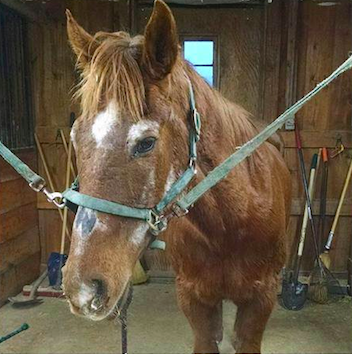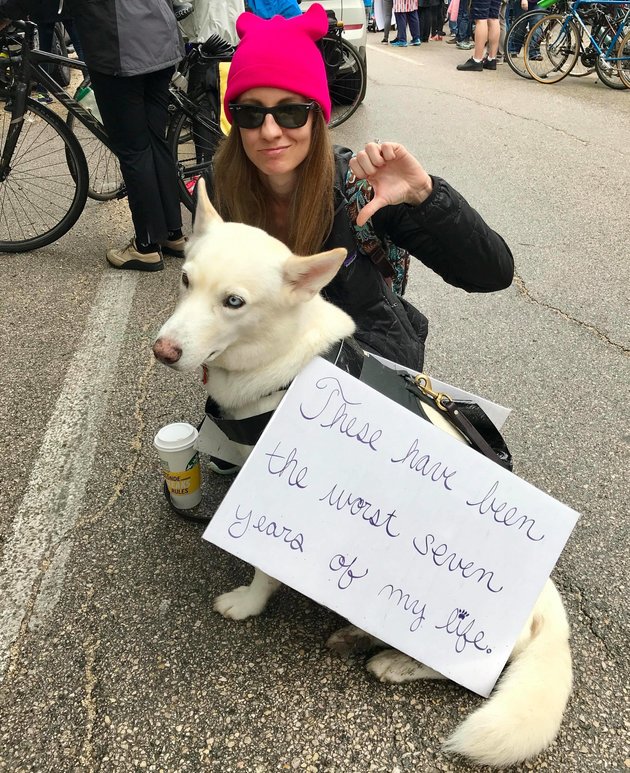A global campaign has been launched to raise awareness among vets and dog owners to eliminate ongoing rabies with a vast vaccination effort around the world.
The social media initiative recognizes and celebrates those individuals who are committed to protecting and saving canine as well as human lives, using the hashtag, #ForThemForUs.
“Many of us love and rely on our dogs, who in many cases are not only much-loved family members, but also hard-working companions,” said Luke Gamble, BVSc, DVM&S, FRCVS, founder, Mission Rabies.
“On this World Rabies Day, we want to recognize the invaluable role dogs play in our lives. When we protect our dogs from rabies, we are also protecting ourselves from this deadly disease. Showcasing those efforts through #ForThemForUs moments is a fitting way to raise awareness about why vaccinating dogs and educating people about preventing rabies matters and saves lives.”
Around the world, there are an estimated 900 million dogsi but the majority (75-85%) are not household petsii. In order to prevent rabies transmission in rabies-endemic areas, at least 70% of the dogs there need to be protected through annual mass-vaccinationiii.
For over 20 years, Merck Animal Health, through the Afya Program, has been dedicated to rabies prevention and has donated over three million doses of rabies vaccine to help meet the World Health Organization (WHO) “Zero by 2030” goal.
Each year, an estimated 59,000 people die from rabies, with over 99% of cases contracted from a dog bite. Additionally, 40% of those deaths occur in children 15 years and under. This is in part because of low rates of canine vaccination in rabies endemic areas and a lack of awareness about the disease.
“With Merck Animal Health, we have made significant progress on the research needed to design cost-effective and efficient vaccination programs that reduce rates of rabies in both dogs and humans,” notes Felix Lankester, DVM, Ph.D., director, Rabies Free Africa, Paul G. Allen School for Global Animal Health, Washington State University. “From scientific research to actual vaccination programs, we are refining the tools we need to prevent rabies. While doing so, we must continue to work together with local governments and healthcare organizations supporting local communities as they continue rabies prevention where it is most needed. This will help us achieve our 2030 rabies elimination goal.”
Collaboration must continue among human, animal and environmental health organizations to advance sustainable rabies prevention efforts, including annual mass-vaccination.
Through this One Health approach, local, regional, national and global animal health advocates all have a critical role in addressing this public health threat and must work together to keep both dogs and humans healthy.
“Experiencing first-hand the important work of our partners, veterinarians and volunteers was the inspiration behind our campaign, #ForThemForUs,” said Ingrid Deuzeman, global marketing director, Companion Animal Vaccines, Merck Animal Health.
“We wanted to recognize the global community for their role in eliminating rabies – from the local veterinarian who vaccinates dogs in a veterinary clinic to the door-to-door efforts of volunteers and the Mission Rabies and Rabies Free Africa teams across the African continent and beyond to vaccinate owned and stray dogs. We hope that by everyone sharing their #ForThemForUs moments with the world, these outstanding individuals and not-for-profit organizations will gain even more awareness and support to expand rabies prevention and elimination efforts.”
In one example of a success story, there have been no recorded human rabies death for the last two years in Goa, India after a major commitment to rabies vaccination.




